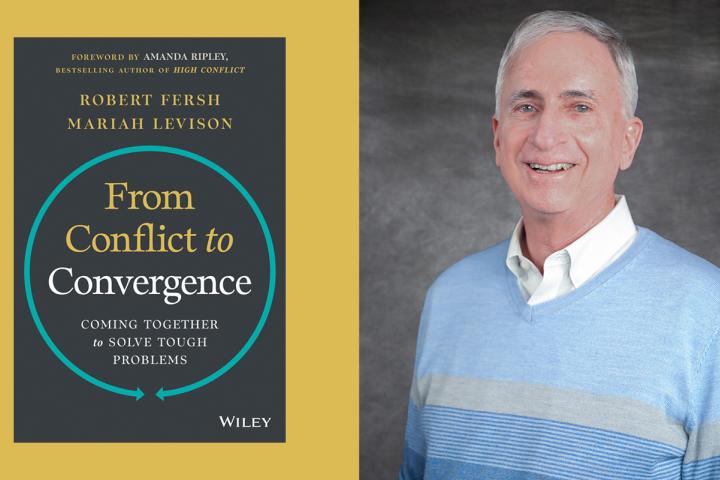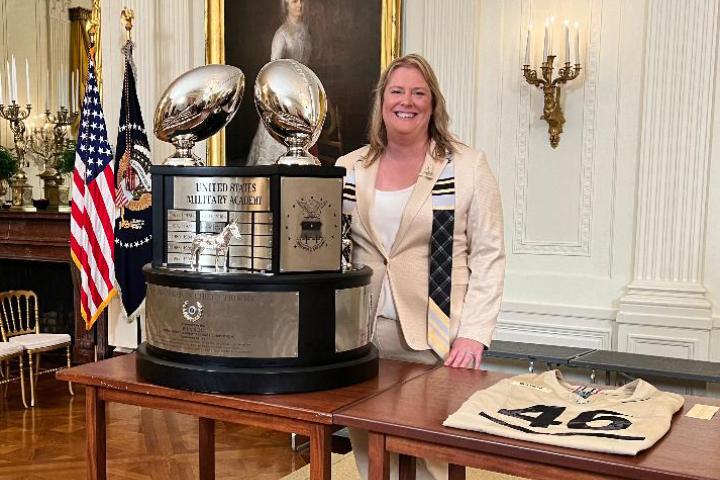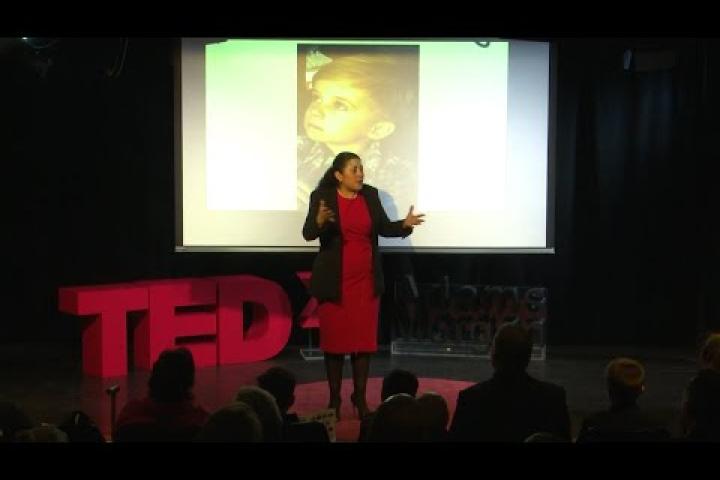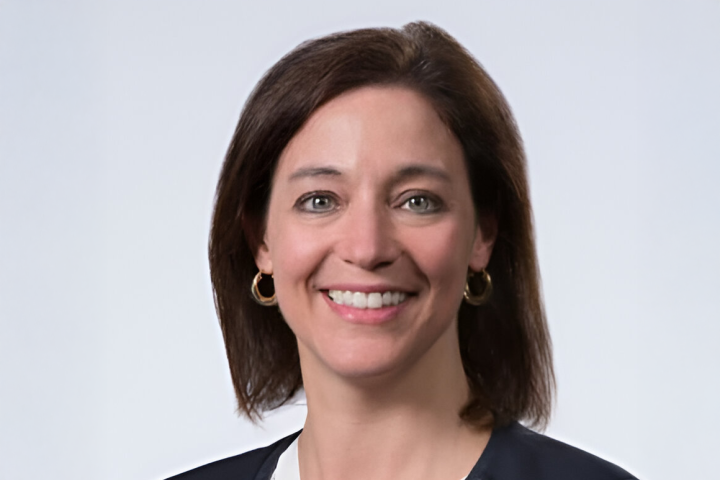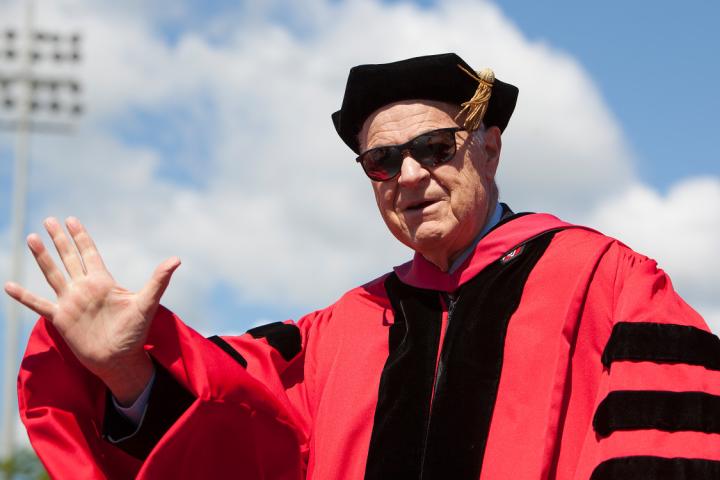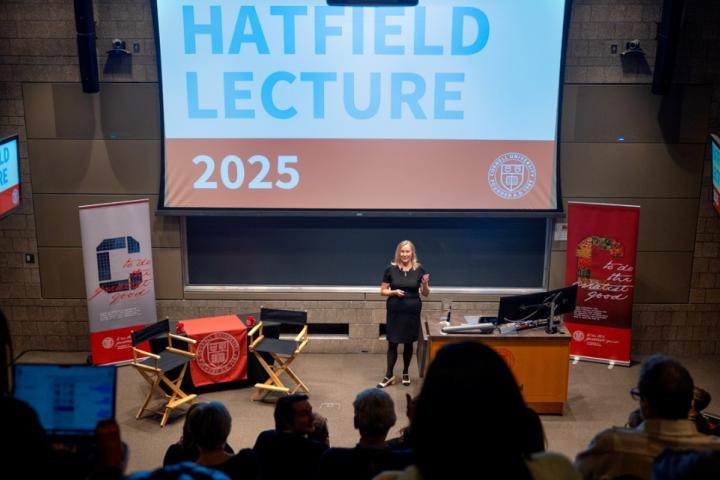A last-minute decision to attend a MILRSO Fireside Chat event has had a long-lasting positive effect on the career of Melanie Stewart ’10.
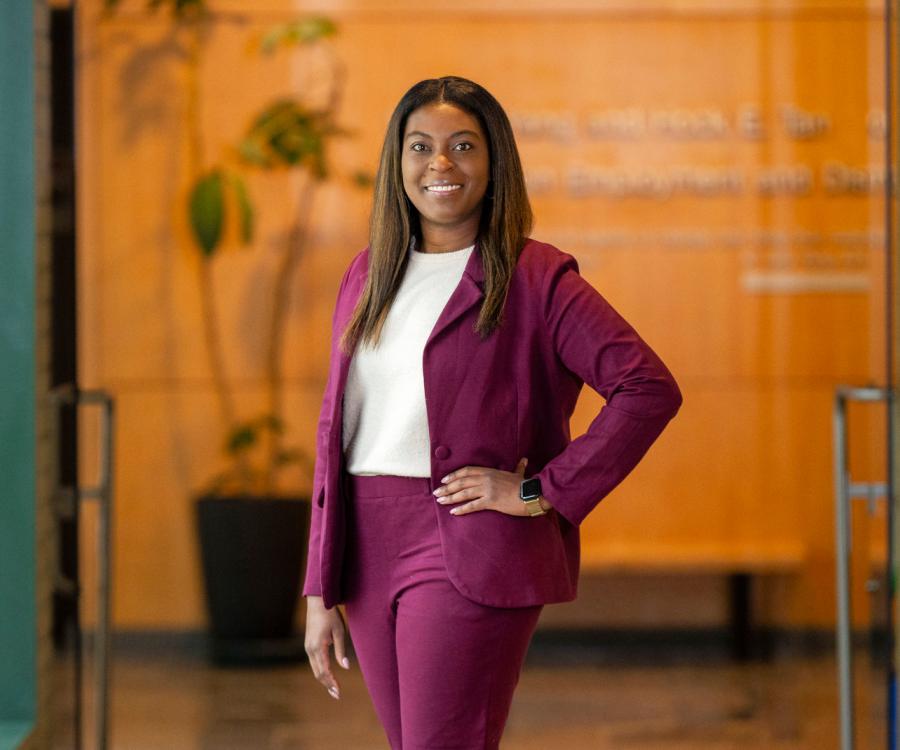
Alumni Stories
See moreILR Donors Make All the Difference
To Do the Greatest Good
The ILR community everywhere is continuing to do the greatest good. Each year, ILR alumni, parents and friends come together to support the ILR School to ensure all students have the resources they need to be successful. Each year, the school recruits and retains faculty who are outstanding educators and leading researchers.
Your gift helps ILR remain the preeminent school focused on work, employment and labor. ILR is proud to be developing the thought leaders and practitioners shaping the future of work, and your gift advances this mission.
Please read our ILR Case for Support here.


